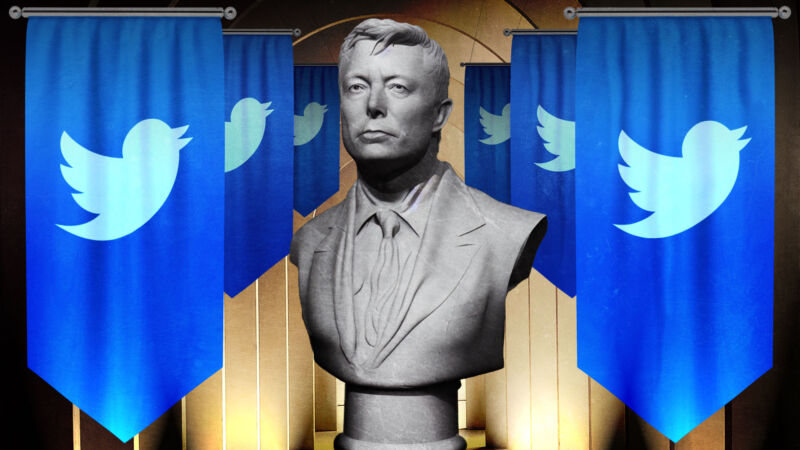
Elon Musk completed the $44 billion purchase of Twitter today, capping a months-long saga that resulted in Twitter suing Musk to force him to honor their merger agreement. Musk’s first course of business was to fire top executives.
“Musk fired Chief Executive Parag Agrawal and Chief Financial Officer Ned Segal after the deal closed” on Thursday, The Wall Street Journal wrote. Twitter legal chief Vijaya Gadde and general counsel Sean Edgett were also reportedly fired by Musk. It’s not yet clear who will be the CEO under Musk’s ownership.
Musk feuded with Agrawal while he was trying to get out of the merger contract. In August, he challenged the then-Twitter CEO to a public debate about Twitter’s spam-account data. Twitter stuck with its lawsuit against Musk instead, and the court case helped force Musk to complete the deal. Musk had also posted tweets with criticism of Gadde’s approach to content moderation.
Musk completed the deal a day after visiting Twitter’s headquarters in San Francisco. Twitter employees had been circulating an open letter criticizing Musk after a Washington Post report stating that “Musk told prospective investors in his deal to buy the company that he planned to get rid of nearly 75 percent of Twitter’s 7,500 workers, whittling the company down to a skeleton staff of just over 2,000.” During his Twitter visit, he reportedly told staff that he will not be firing 75 percent of them.
Twitter is set to become a private company now that Musk completed the deal. He has said he’s buying Twitter to protect free speech, but he defines free speech in a way that suggests he’s willing to restrict speech in any country where the government requires him to do so.
Hours before completing the acquisition, Musk posted a message to advertisers assuring them that Twitter will not “become a free-for-all hellscape.”
Merger caps months of fighting
The deal was completed one day before a court-imposed deadline. The saga began with Musk buying 9.2 percent of Twitter stock in March. Twitter then struck a deal with Musk to have him join the board of directors while prohibiting from buying more than 14.9 percent of the company’s stock.
In a sign of things to come, Musk pulled out of that deal and started laying groundwork to buy the company outright. He offered to buy Twitter in mid-April, claiming he wanted to preserve free speech on the platform.
Twitter directors quickly adopted a poison pill that made it difficult for anyone to buy over 15 percent of the company’s stock in any “transaction not approved by the Board.” Musk continued his attempts at a takeover and on April 25 he signed a deal with the Twitter board to buy the company for $44 billion.
Musk’s second thoughts emerged quickly. On May 13, Musk said the deal to purchase Twitter is “temporarily on hold” while he awaited details on the number of spam and fake accounts on the site. Twitter’s board held firm, saying it would “enforce the merger agreement.”
Musk spent the ensuing weeks claiming that Twitter lied in its estimate that fewer than 5 percent of its monetizable daily active users (mDAU) are spam or fake. He never disproved the mDAU statistic but attempted to terminate the merger agreement on July 8, claiming that Twitter “made false and misleading representations upon which Mr. Musk relied when entering into the Merger Agreement.”
https://arstechnica.com/?p=1893477

